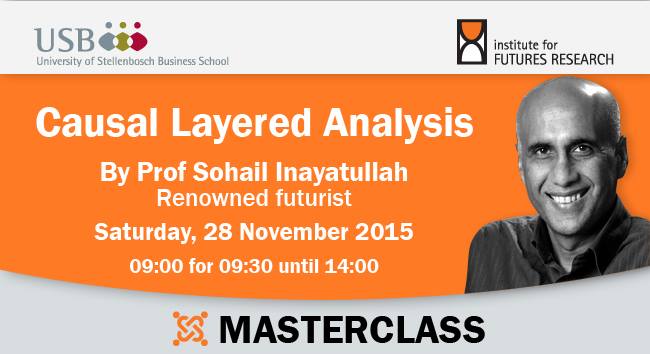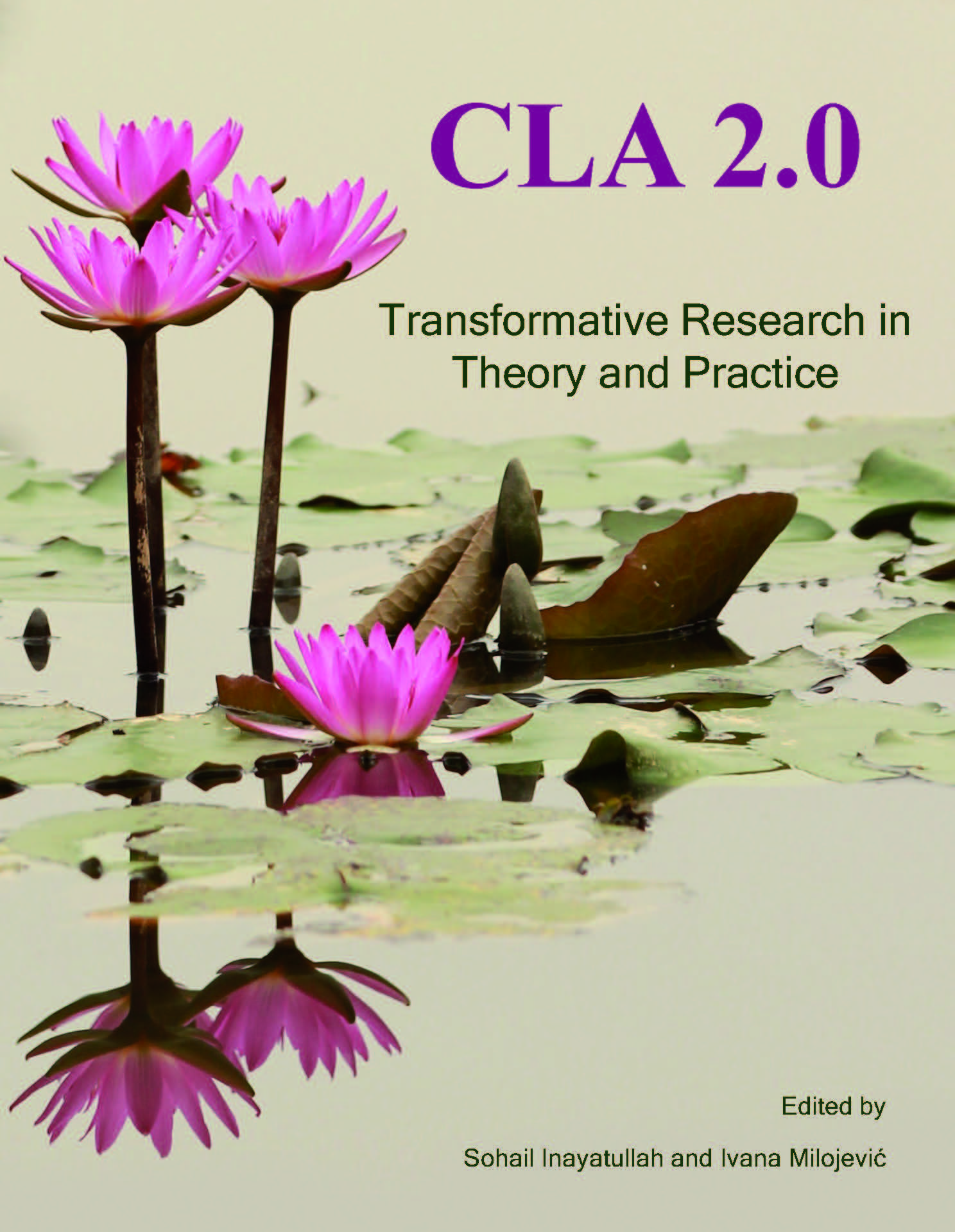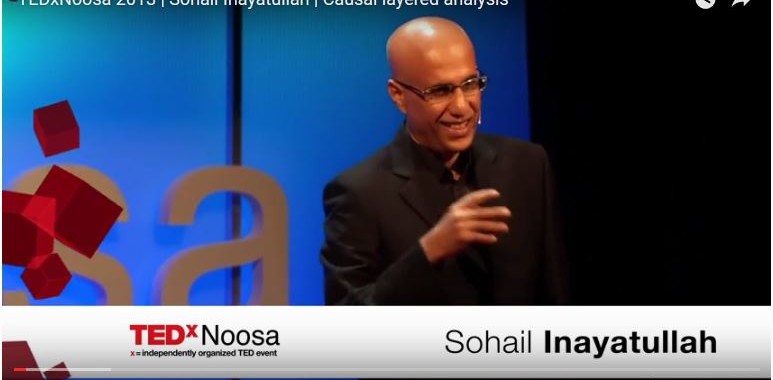The Institute for Futures Research (IFR) at the University of Stellenbosch Business School (USB) is delighted to invite you to a Masterclass by renowned futurist Prof Sohail Inayatullah.
Since the establishment of IFR 41 years ago, we have hosted some of the world’s leading futurists, and we are proud to present this dynamic and interactive event with one of the leading figures in futures research today.
Prof Inayatullah gained global prominence through Causal Layered Analysis, a transformative theory of knowledge that has been developed over the past 25 years and which is used throughout the world in a number of settings.
Book now. We look forward to seeing you there.
Date: Saturday, 28 November 2015.
Venue: Lecture Hall 2058, USB main building, Bellville Park Campus, Tyger Valley business district, northern Cape Town
The Institute for Futures Research, University of Stellenbosch Business School, Cape Town, South Africa






